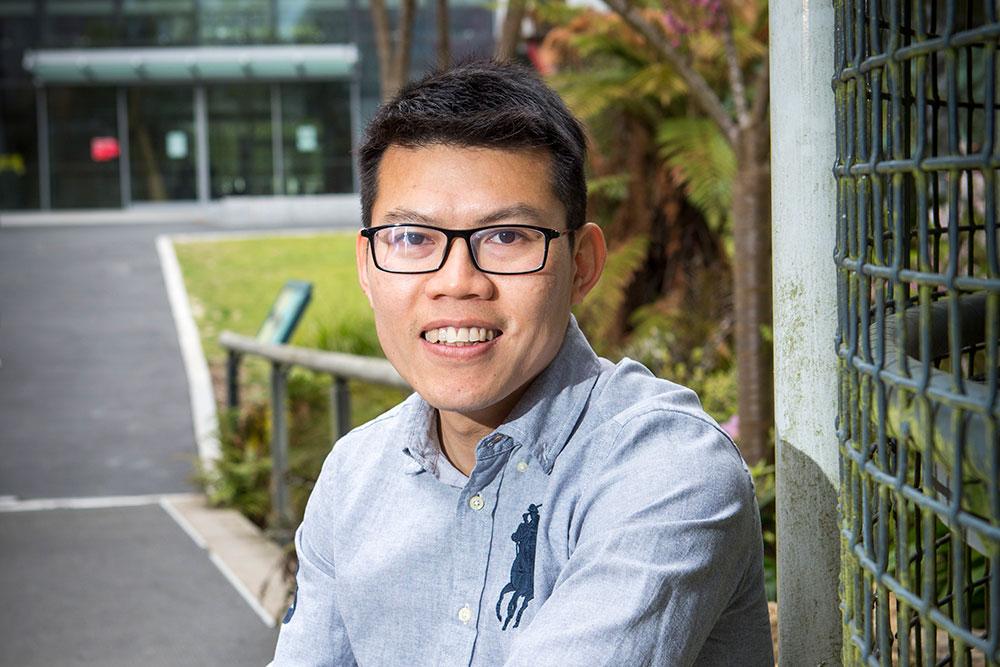Electrical and Electronic Engineering
Introduction
This branch of engineering is about using electricity for the benefit of the world — from providing power for homes and industry, to creating the physical parts that transfer information on computers and smart devices.
While similar to both Computer Engineering and Mechatronics Engineering, Electrical and Electronic Engineering has a stronger focus on making things happen in the physical world.










